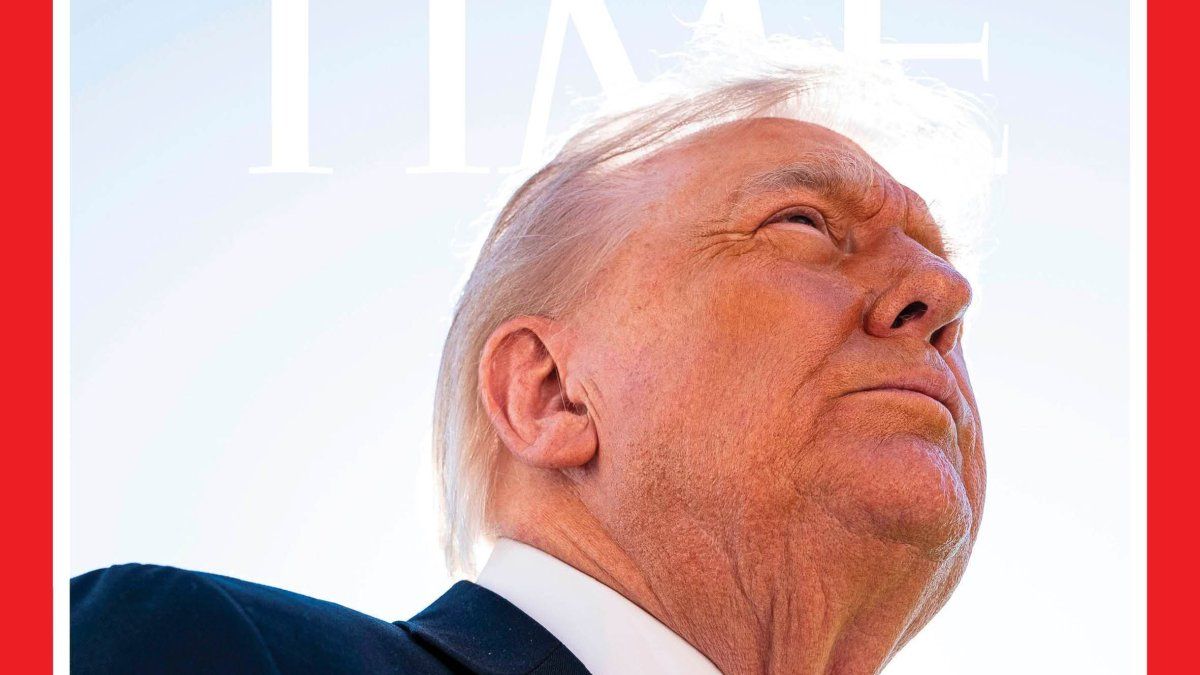The president of the Union of Exporters of Uruguay, Facundo Márquez, warned of the need for deep reforms to reverse the structural exchange rate delay.
The export sector Uruguay is preparing, like the market, for the announcement of a new cut in reference interest rates by the Policy Committee Monetary (Copom), which meets this Wednesday. However, and although they highlight the positive aspects of the news in the “short term,” they demand reforms that solve the problem. exchange delay definitely.
The content you want to access is exclusive to subscribers.
Copom will begin its meeting today in the midst of a climate of expectations. After the president Luis Lacalle Pou announced that this week there would be a “sign” for the producers and exporters given the growing unrest over the misalignment of the exchange rate, the possibility that the Central Bank of Uruguay (BCU) will advance with the first cut of the year in interest rates despite having announced a pause in the bearish cycle that characterized 2023, will even be installed in the market.


In this sense, the president of the Union of Exporters of Uruguay (UEU), Facundo Márquez, He pointed out that “the issue helps in the short term but does not resolve the underlying issue, which has much more to do with reforms that the country has to make.” In dialogue with Radio Monte Carlo, he acknowledged that from his sector they expect a drop in Cup of Monetary Policy (MPT)but clarified that the claim is much broader.
Likewise, he warned about the importance of having a Independent Central Bank “as the most developed countries in the world obtain.” “It draws a little attention that the president talks about the things that the Central Bank is going to do because it is supposedly independent, beyond what politicians or politics in general try to put pressure on,” considered the president of the union of exporters.
In any case, and although he did not refer to the value at which the dollar should be quoted, Márquez insisted that the eventual rate cut —which, according to the markets, would be 0.25%, a minimum variation of 9% to 8.75%— “is not going to solve the problem of exchange delay because that has much more implication than the management of the Central Bank rates.”
Reforms to change a structural situation
Márquez also insisted on an idea that he has been putting forward for some time, that “it is the country’s export and productive sector that competes with imported products that is paying all the cost of having the low inflation, because basically what it is doing is maintaining an exchange rate to have low inflation.”
“It is not a problem of this government, this has been going on for many years, many governments, that is why we say that it is a structural issue that we have to change with reforms that the country has to make, starting with the opening”, said the president of the UEU. “We are an expensive country, where economy is indexed, which constantly feeds back inflation. We have to start by deindexing the economy and then there are many reforms,” he added, giving as examples the reform of the State or the elimination of fees such as the consular fee.
In this regard, Márquez announced that they are presenting to all the precandidates in the race towards the internal ones in June “an agenda of priorities for the sector, there are about 50 pages with all the proposals and details of what we believe we need to start doing to be a most competitive country”.
Source: Ambito




